A new group of Black leaders at the Capital Hill Organized Protest said the collective protest will decide how long they will continue to occupy the area around Cal Anderson Park and the Seattle Police Department’s East Precinct that has become the locus of the protest movement in the city.
“If the people of Seattle choose to hold the space at CHOP, Black Collective Voices will stay here,” said Naudia Miller, a leader of the new group.
Mayor Jenny Durkan, on Monday, said it was time for “people to go home,” urging protesters who have occupied the area for more than two weeks to begin clearing out, especially at night. She said that police would return to the shuttered East Precinct “peacefully and in the near future.” Her announcement came in the midst of a string of shootings in the area that left one teenager dead.
Miller on Thursday said the group is not limited to the CHOP area, but indicated little eagerness to comply with Durkan’s requests.
“Even if they force activists out of CHOP, it will not stop us or this movement,” she said. “We will not be bought off, we will not attend meetings where the goal is to buy us off, we are here to dismantle systemic racism.”
“We did not choose the East Precinct or Cal Anderson Park as the epicenter of our work, in fact the Seattle Police chose that,” she said. “Our movement to liberate Black lives is not restricted to one space.”
Police left the East Precinct on June 8, after nearly two weeks of nightly protests that frequently turned hostile and ended with the police using tear gas on the crowds.
The protest has shrunk some this week, but it remains a presence in the heart of Capitol Hill. Rows of tents still occupy parts of the park and others have moved to the sidewalk outside the boarded-up police precinct.
Barriers at the east and west ends of the area say, “We’re not leaving until our demands are met” and list the major demands of many protesters: Defunding Seattle police by 50%, reinvesting that money in community programs and services and dropping charges against all protesters.
The movement has no defined leaders and it’s unclear how the city plans on enticing or forcing people to leave the park. Javi Cordero, with Black Collective Voices, said the new group has “over 60” members.
Some Black community leaders have sided with Durkan’s push to slowly shutter the nighttime protest zone and reopen the police’s East Precinct.
The Rev. Carey Anderson, longtime pastor at First AME Church, just outside CHOP’s boundary, stood with Durkan on Monday when she announced her intentions to phase down the area.
“While I agree with the principle of community-oriented policing, it’s really beyond those persons, that mean so well with CHOP, to be able to supervise and provide that type of service,” Anderson said. “We do need police in the East Precinct so we can mitigate and reduce and deescalate matters that come before the residents that live there.”
The Rev. Harriet Walden, co-founder of Mothers for Police Accountability and co-chair of the city’s Community Police Commission, stood with Durkan as well and called for police to return to the East Precinct.
“The guys need to be in there doing the work,” Walden said. “I’m for equity, I’m for justice, I think we need to do both-and. We need to get it open and then we need to look at re-imagining policing.”
___
(c)2020 The Seattle Times
Visit The Seattle Times at www.seattletimes.com
Distributed by Tribune Content Agency, LLC.
—-
This content is published through a licensing agreement with Acquire Media using its NewsEdge technology.



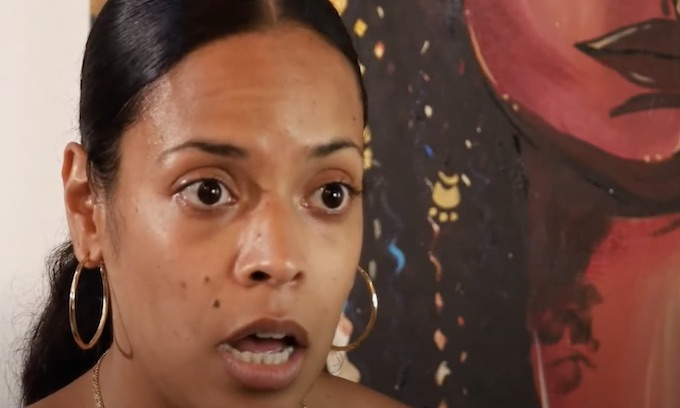
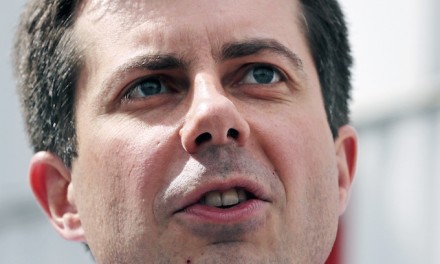
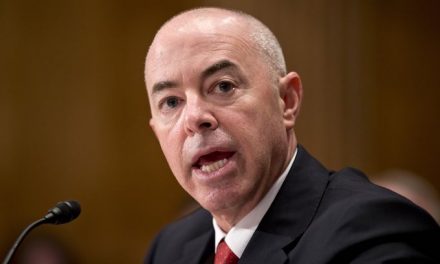
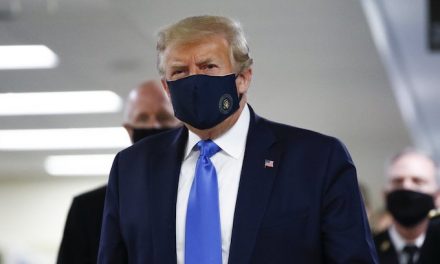







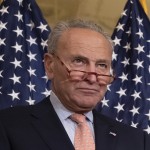




Recent Comments